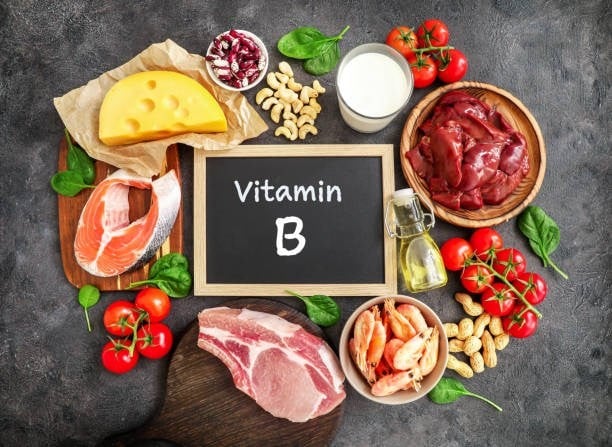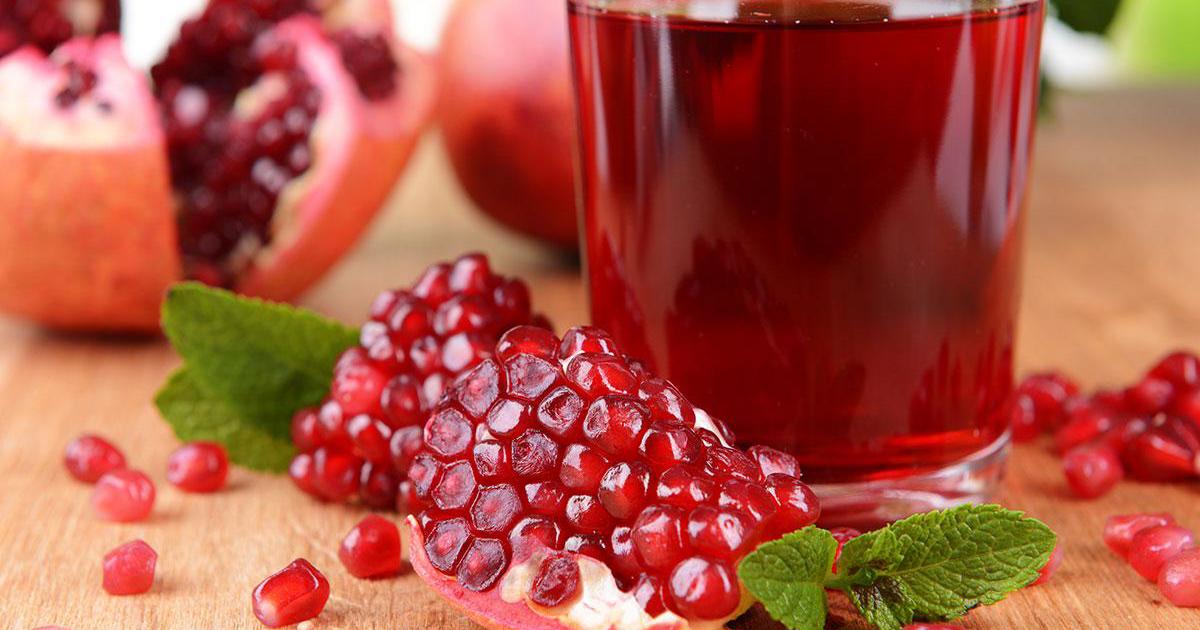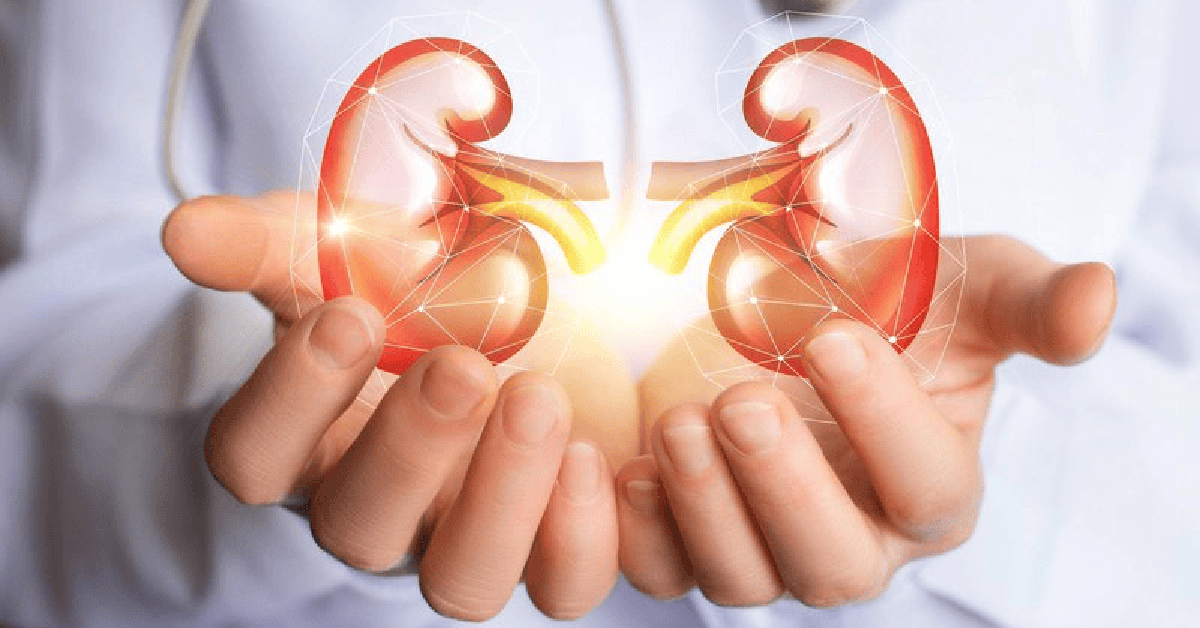Not getting enough B vitamins can affect the body's ability to metabolize carbohydrates, proteins and fats, leaving us with low energy levels and feelings of mental and physical fatigue.
 |
| B vitamins can be found in a wide variety of plant and animal foods. (Source: Illuminatingyou) |
Are you feeling tired or less energetic than usual? Or are you going through a particularly stressful period? If so, you may want to check whether you are getting enough B Vitamins from your diet.
The B vitamins include Vitamin B1 (thiamine), B2 (riboflavin), B3 (niacin), B5 (pantothenic acid), B6 (pyridoxine), B7 (biotin), B9 (folate), and B12 (cobalamin).
Cyrus Luk, a nutritionist and executive board member of the Hong Kong Dietitians Association, says these eight B vitamins work together to help the body function optimally. So they are all essential for overall health.
“B vitamins can improve chronic fatigue because many of them are involved in energy metabolism,” says Cyrus Luk.
He explains that not getting enough B vitamins can affect the body's ability to metabolize carbohydrates, proteins and fats, leaving us with low energy levels and feelings of mental and physical fatigue.
Benefits of Vitamin B
Three B vitamins - B1, B6 and B12 - help keep our brain and nervous system healthy by aiding in the production of neurotransmitters, the body's chemical messengers.
That's why Cyrus Luk says “inadequate B vitamin intake can affect cognitive function, mental health, emotions, and how we manage stress.”
B6, B9 and B12 are important for our heart health because they are involved in the breakdown of homocysteine. At high levels, this amino acid can damage the lining of arteries and “encourage” blood clotting – potentially increasing the risk of coronary artery disease, heart attack, blood clots and stroke.
Not getting enough of these three B vitamins can also increase your risk of anemia — low levels of healthy red blood cells — which leads to reduced oxygen flow to your organs.
For women, vitamin B9 supplementation is especially important before and during pregnancy. It helps reduce the risk of birth defects in the baby's brain and spine.
Most of us get enough B vitamins through our diet, as they are found in a wide variety of foods: green vegetables, whole grains, fish, meat and dairy products. Many foods are also fortified with B vitamins - including B12 - such as cereals, breads and pastas.
Group of people with Vitamin B deficiency
According to research in the US, Vitamin B deficiency affects at least 3% of people aged 20-39, 4% of people aged 40-59 and 6% of people aged 60 and over.
Certain groups of people are particularly susceptible to vitamin B deficiencies, says Dr. Vanita Rahman, an internist, nutritionist and clinical director at Barnard Medical Center in Washington.
People who drink too much alcohol may be at risk of B1 deficiency, says Dr Rahman. Elderly people, vegetarians and people taking the drug metformin – used to control blood sugar levels in people with type 2 diabetes – may be deficient in B12.
Dr Rahman explains that some people produce less stomach acid as they age and absorb vitamin B12 less efficiently because stomach acid is needed to release B12 from food.
Since B12 is found primarily in animal products, people on a plant-based diet may be deficient in this vitamin.
You may be deficient in Vitamin B if you have this condition.
“People who are deficient in B vitamins may experience fatigue, weakness, or a general lack of energy,” says nutritionist Cyrus Luk.
“They may also experience numbness or tingling in their hands and feet, along with muscle weakness. In more severe cases, vitamin B deficiency can lead to cognitive problems such as confusion, memory loss, depression, and even dementia.”
Which foods contain Vitamin B?
B vitamins can be found in many plant foods. For example, soybeans contain vitamins B1, B3, and B7. Whole grains are good sources of B1, B6, and B7. Mushrooms contain B5; seaweed and natto (a traditional Japanese food made from fermented soybeans) contain B2; oats contain B1 and B5; brown rice contains B3 and B6; and dark green leafy vegetables such as spinach contain B6.
Animal products considered good sources of B vitamins include organ meats (B1, B3, and B12); seafood (B3, B7, and B12); lean meats (B1, B3, B6, B7, and B12); and eggs (B3 and B12).
Are B vitamins better absorbed from animal foods than from plant products?
There isn't enough research to determine this, says Dr Rahman, although plant-based foods have been linked to improved health: helping to lower blood sugar, lower cholesterol, lower blood pressure and reduce the risk of cancer and cardiovascular disease.
When given the choice between whole grains like brown rice and refined grains like white rice, Luk says to choose whole grains because whole grains contain more B vitamins and more fiber.
Source



![[Photo] Closing of the 11th Conference of the 13th Central Committee of the Communist Party of Vietnam](https://vstatic.vietnam.vn/vietnam/resource/IMAGE/2025/4/12/114b57fe6e9b4814a5ddfacf6dfe5b7f)






























![[Photo] Overcoming all difficulties, speeding up construction progress of Hoa Binh Hydropower Plant Expansion Project](https://vstatic.vietnam.vn/vietnam/resource/IMAGE/2025/4/12/bff04b551e98484c84d74c8faa3526e0)































































Comment (0)